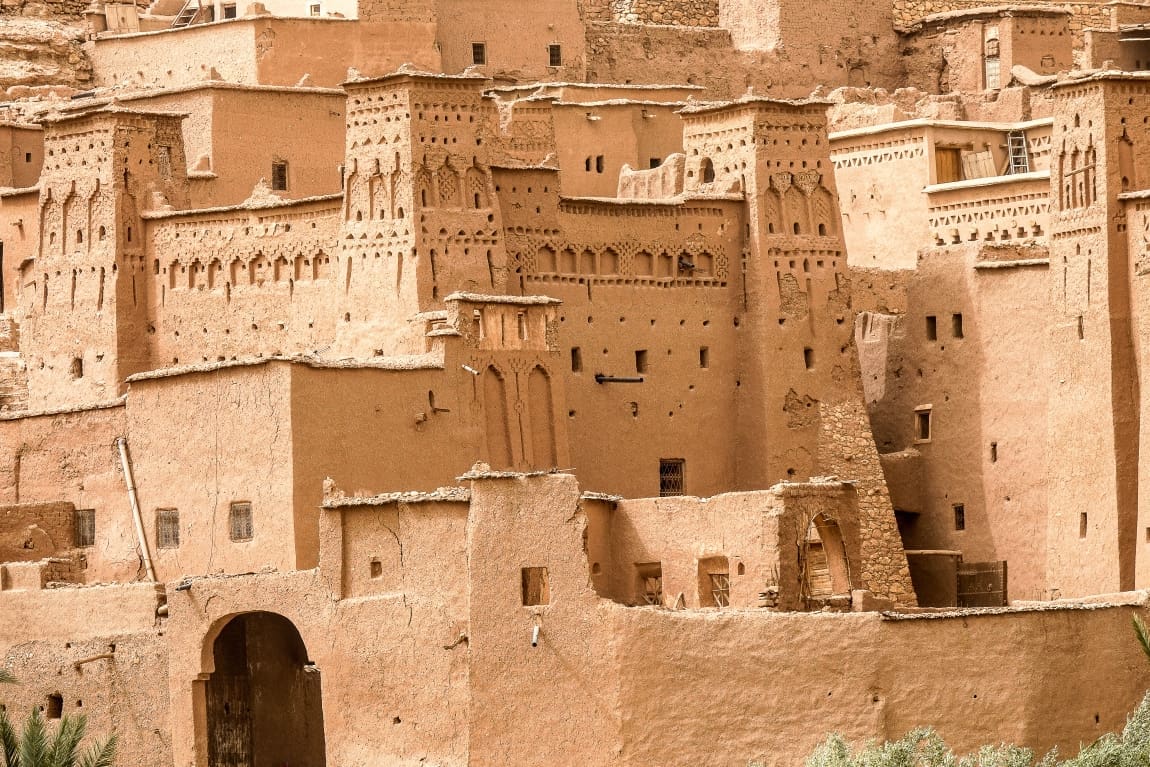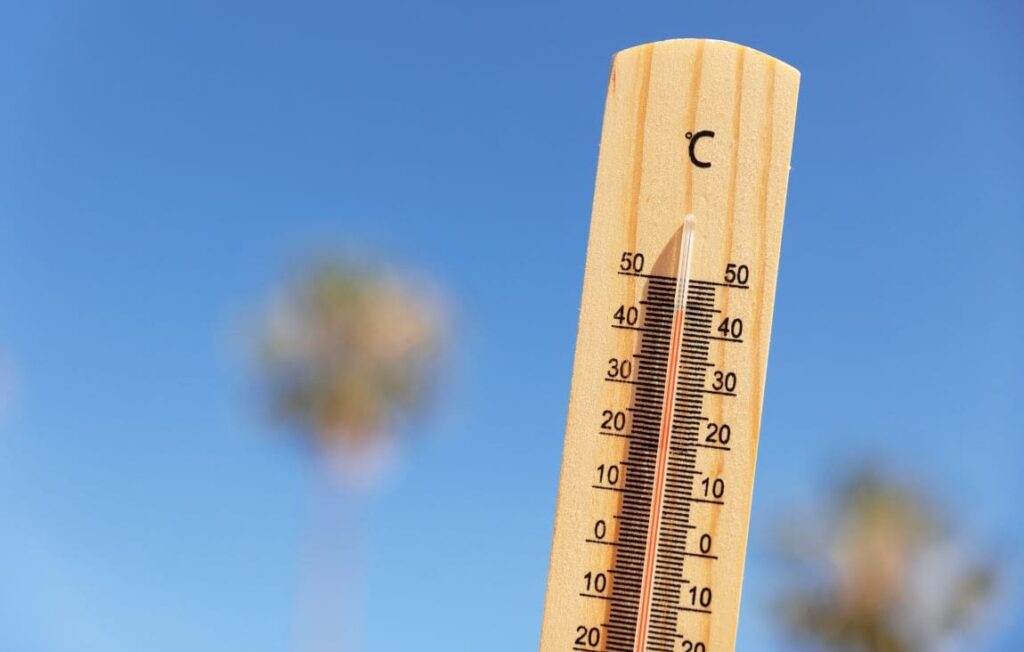Rabat, Morocco (AFP) – A heatwave in Morocco has killed at least 21 people in a 24-hour period in the central city of Beni Mellal, the health ministry announced on Thursday.
The meteorology department said soaring temperatures affected much of the North African country from Monday to Wednesday, reaching 48 degrees Celsius (118 Fahrenheit) in some areas.
In Beni Mellal, “the majority of deaths involved people suffering from chronic illnesses and the elderly, with high temperatures contributing to the deterioration of their health conditions,” the regional health directorate said in a statement.
The ministry was not able to immediately say if this was the highest recorded death toll from a heatwave in the country.
Beni Mellal, more than 200 kilometres (150 miles) southeast of Casablanca, was still experiencing temperatures of 43 degrees on Thursday.
Temperatures are expected to drop in the coming days, the meteorology department said. In the tourism hotspot of Marrakesh, they are expected to drop by 10 degrees on Sunday.
Economic impact
Morocco has suffered a sixth consecutive year of drought, and record heat this past winter with January the hottest since 1940, according to the meteorology department which had recorded temperatures approaching 37C in some places.
The rising temperatures and prolonged drought, which have lowered reservoir levels, are a threat to the vital farm sector.
Water evaporation reached 1.5 million cubic metres (53 million cubic feet) per day, Water Minister Nizar Baraka said at the end of June.
The High Commission for Planning said in May that the “labour market continues to suffer from the effects of the drought” and reported that the unemployment rate had increased to 13.7 percent in the first quarter, up from 12.9 percent in the same period of last year.
Around 159,000 jobs in the agricultural sector disappeared, the figures showed.
Morocco’s record temperature — 50.4C — was set in August last year in the coastal resort city of Agadir.
Globally, Monday was the hottest day recorded since measurements began in 1940, the European Union’s Copernicus Earth observation programme said.
It has previously predicted that daily records would be broken this summer in the northern hemisphere and that the planet would endure a particularly long period of intense heat due to climate change.
Scientists have linked climate change to more prolonged, stronger and more frequent extreme weather, including heatwaves.
kao/cgo/ysa/dcp/kir
© Agence France-Presse
Featured image credit: wirestock | Freepik




